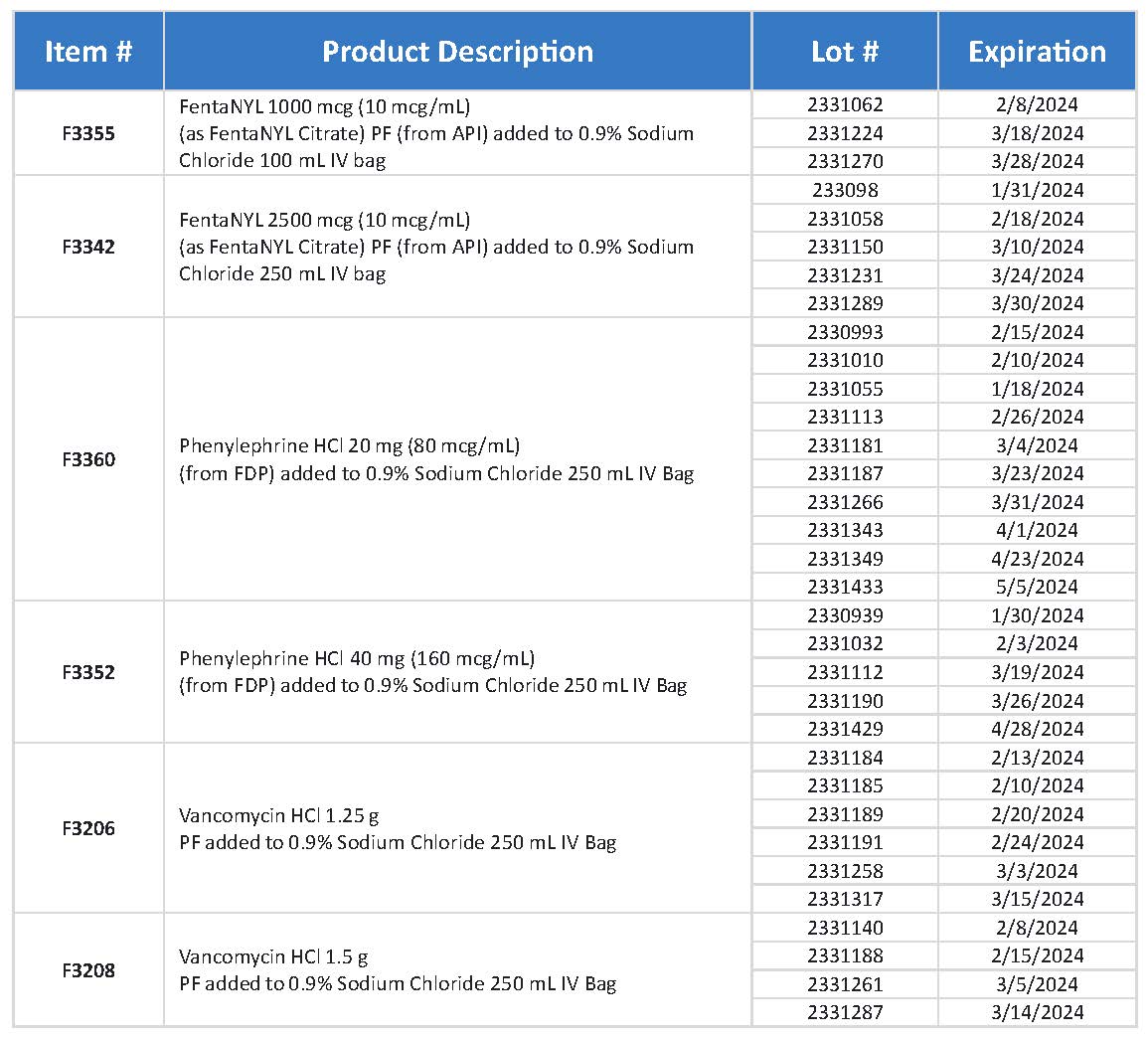By Robin Foster HealthDay Reporter, Medically reviewed by Carmen Pope, BPharm.
New, proposed guidance being weighed by the U.S. Centers for Disease Control and
Prevention recommends that Americans who test positive for COVID-19 no longer need to routinely stay home for five days.
This is the first time the agency has even considered loosening its COVID isolation guidelines since 2021, and the thinking behind the possible shift is to align them with similar guidance on the flu and RSV, according to four agency officials and an expert familiar with the discussions, the Washington Post reported Tuesday.
However, the CDC later said in a statement that it had “no updates to COVID guidelines to announce at this time,” adding that it would “continue to make decisions based on the best evidence and science to keep communities healthy and safe,” NBC News reported.
No matter what the CDC decides to do, most Americans have now developed a level of immunity to the virus because of prior infection and/or vaccination, and that calls for a more sensible approach.
“Public health has to be realistic,” Michael Osterholm, an infectious disease expert at the University of Minnesota, told the Post. “In making recommendations to the public today, we have to try to get the most out of what people are willing to do. You can be absolutely right in the science and yet accomplish nothing because no one will listen to you.”
In the proposed guidance, the CDC is weighing plans to recommend that people who test positive for COVID use symptoms as their guide in deciding whether to isolate for five days, the Post reported.
Infected people would no longer need to stay home if they have been fever-free for at least 24 hours without the aid of medication and their symptoms are mild and improving, three agency officials who spoke on the condition of anonymity told the Post.
The CDC’s potential shift follows similar actions already taken by Oregon and California.
Still, easing COVID isolation guidance when the science around the virus’ infectiousness hasn’t changed could anger vulnerable groups, CDC officials and experts told the Post.
Loosening the guidelines “sweeps this serious illness under the rug,” Dr. Lara Jirmanus, a clinical instructor
at Harvard Medical School and member of the People’s CDC, a coalition of health care workers, scientists
and advocates focused on reducing the harmful effects of COVID-19, told the Post.
Public health officials should treat COVID differently from other respiratory viruses because it’s deadlier than the flu and poses a risk for lingering symptoms known as long COVID, she said. Nearly 7% of Americans report having lingering COVID symptoms such as fatigue, trouble breathing, brain fog and joint pain, CDC data show.
The proposed recommendations would not apply to hospitals and other health-care settings with more vulnerable populations, CDC officials told the Post.
Lower rates of COVID hospitalizations were among the reasons California shortened its five-day isolation recommendation last month, urging people to stay home until they are fever-free for 24 hours and their symptoms are mild and improving. Oregon made a similar move last May.
It’s not clear whether the updated CDC guidance will continue to recommend masking for 10 days if infected, the Post reported.
Doctors say the best way for sick people to protect their communities is to mask or avoid trips outside the home if infected.
“You see a lot of people with symptoms — you don’t know if they have COVID or influenza or RSV — but in all three of those cases, they probably shouldn’t be at Target, coughing and looking sick,” Dr. Eli Perencevich, an internal medicine professor at the University of Iowa, told the Post.
Sources:
• Washington Post
• NBC News
Actual drug patent expiration dates and availability of new medications are subject to change due to patent litigation, settlement agreements, additional patents, exclusivities, and final FDA approval. Distribution and availability of new medications at pharmacies may not occur immediately following FDA approval. Patients are advised to speak with their healthcare professional or pharmacist regarding appropriateness as well as actual availability.
This is provided for information only. The reference to any medication above does not mean the medication is covered by your plan.


